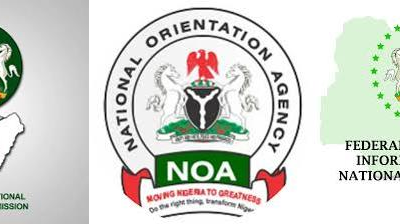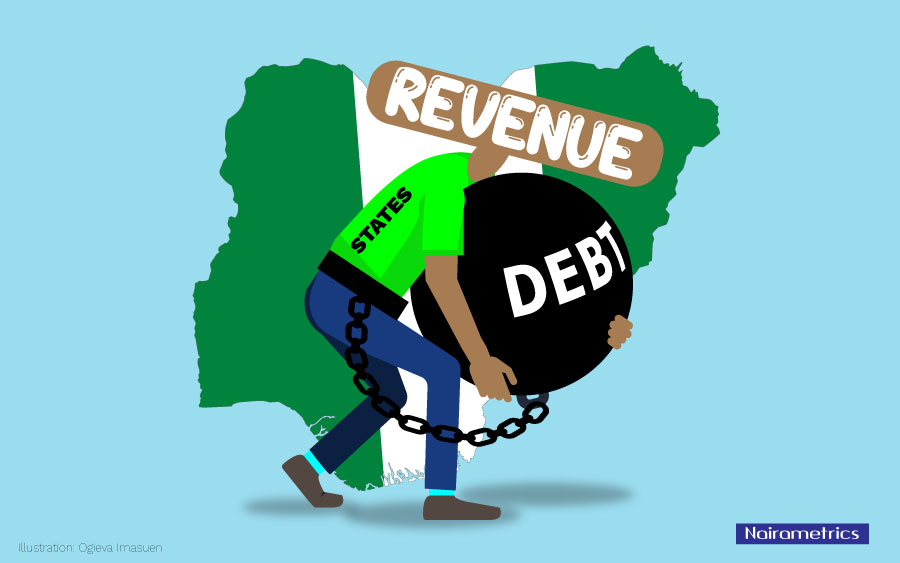The Debt Management Office (DMO) on Saturday debunked reports that some national assets were used as collateral towards the solicitation for loans from China.
This was clarified on Saturday by Ms Patience Oniha, the Director-General of DMO via an interview with the News Agency of Nigeria (NAN) on Saturday in Abuja.
She clarified that the loans were largely concessional, as no national asset was tagged as collateral.
The loans from China to Nigeria, which presently stood at 3.59 billion dollars, constitutes only 9.4 per cent of the country’s total foreign debt stock of 37.9 billion dollars, Oniha stated.
“Nigeria’s total debt stock as at Sept. 30 was 37.9 billion dollars, this figure comprised the external debt stock of the Federal Government, 36 state governments and the Federal Capital Territory.
READ ALSO: DMO opens 2 FG bonds for subscription
“But total loans from China stand at 3.59 billion dollars, which is 9.47 per cent of the total external debt. The loans did not require any national asset as collateral; they were largely concessional,’’ she said.
Oniha urged Nigerians to always endeavor to verify sensitive information from official sources before disseminating it.
She explained that before foreign loans were contracted, very sensitive steps were taken by multiple institutions of government to ensure that they were beneficial to the nation.
“Before any foreign loan is contracted, including the issuance of Eurobond, they are approved by the Federal Executive Council and thereafter, the National Assembly.
“An important and extremely critical step is that the loan agreements are approved by the Federal Ministry of Justice. An opinion is issued by the Attorney-General of the Federation and Minister of Justice before the agreements are signed.
“Several measures which operate seamlessly have been put in place to ensure that data on debt are available and that debt is serviced as at when due. Provisions are made explicitly for debt service in the annual budgets,’’ she said.
Oniha explained that the loan agreements provided a number of steps to take to resolve disputes when they arise.
“The first action is that the parties should resolve it within themselves and if that fails, they go to arbitration.
“In other words, a lender, in this case, China, would not just pounce on an asset at the first sign of a dispute, including defaults,’’ she said.
She explained that the DMO maintained proper records of debts, provided projections for debt service and processed the actual payments for debt service.

 Comments and Issues7 days ago
Comments and Issues7 days ago
 Education1 week ago
Education1 week ago
 Comments and Issues1 week ago
Comments and Issues1 week ago
 Energy1 week ago
Energy1 week ago
 Comments and Issues6 days ago
Comments and Issues6 days ago
 Comments and Issues6 days ago
Comments and Issues6 days ago
 Football1 week ago
Football1 week ago
 Health5 days ago
Health5 days ago

